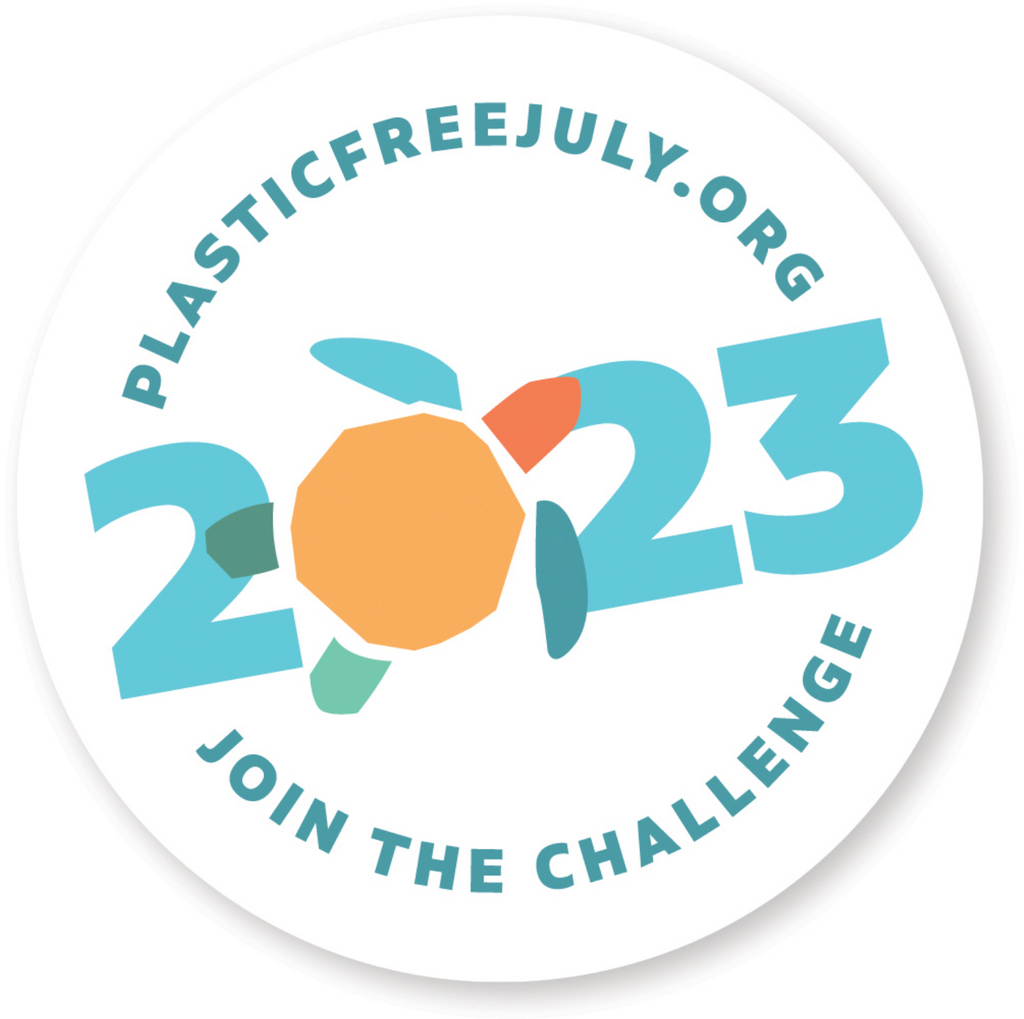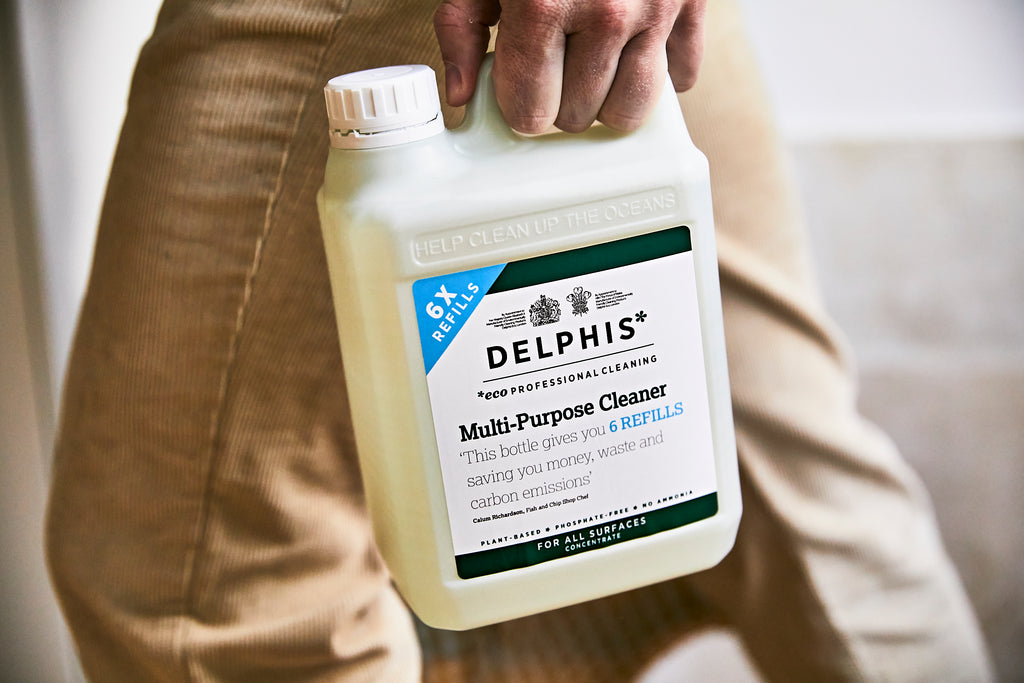Discover the Top 7 Eco-Friendly Cleaning Habits for Plastic-Free July!
Are you ready to take on the plastic-free July challenge but worried about maintaining a clean home without plastic-based cleaning products? We've got you covered! In this guide, we'll share the essential tips and habits to keep your home sparkling clean while making a positive impact on the planet throughout this important month.
-
Opt for Eco-Friendly Cleaning Products: Switching to eco-friendly cleaning products is the easiest and quickest change you can make. At Delphis Eco, our sustainably sourced and less harmful cleaning solutions are as effective as conventional products, ensuring a clean home without compromising the environment.
-
Embrace Compostable Bin Bags: Ditch plastic bin bags and opt for compostable alternatives made from plant-based materials. By doing so, you'll prevent harmful chemicals from seeping into landfills, as these bags decompose naturally within six months.
-
Reuse and Refill Spray Bottles: Be environmentally conscious by reusing old cleaning spray bottles. At Delphis Eco we offer a range of refill options made from recycled plastic, reducing carbon emissions by an impressive 70%. Simply refill your spray bottles with our eco-friendly cleaning solutions and minimise plastic waste.
-
Plastic-Free Scrubbers: Explore plastic-free scrubbers that offer antimicrobial properties without the environmental impact. Bamboo, coconut coir, and plant fiber scrubbers are excellent alternatives, providing durability and effective cleaning power.
-
Try Laundry Detergent Strips: Opt for innovative laundry detergent strips packaged in minimal, compostable materials. Look for brands that use biodegradable ingredients, ensuring a clean laundry without harmful chemicals. Always check the labels for eco-friendly certifications.
-
Swap Disposable Wipes for Hemp Cleaning Cloths: Say goodbye to disposable cleaning cloths and microfibre alternatives. Reusable hemp cleaning cloths are washable and biodegradable, providing a sustainable option without compromising cleanliness.
-
Consider Eco-Friendly Cleaning Services like Cleaning Express: If time constraints make professional cleaning services a necessity, opt for local cleaners who can commute by walking or cycling. Request that they use your eco-friendly cleaning solutions and equipment to maintain your sustainable lifestyle.
Achieving an eco-friendly cleaning routine is easier than you think. With the right cleaning solutions and sustainable equipment, you can maintain a clean home without harsh chemicals while contributing to a healthier planet. Make a positive impact this Plastic-Free July and discover that sustainable cleaning is both effective and rewarding.
Continue reading


